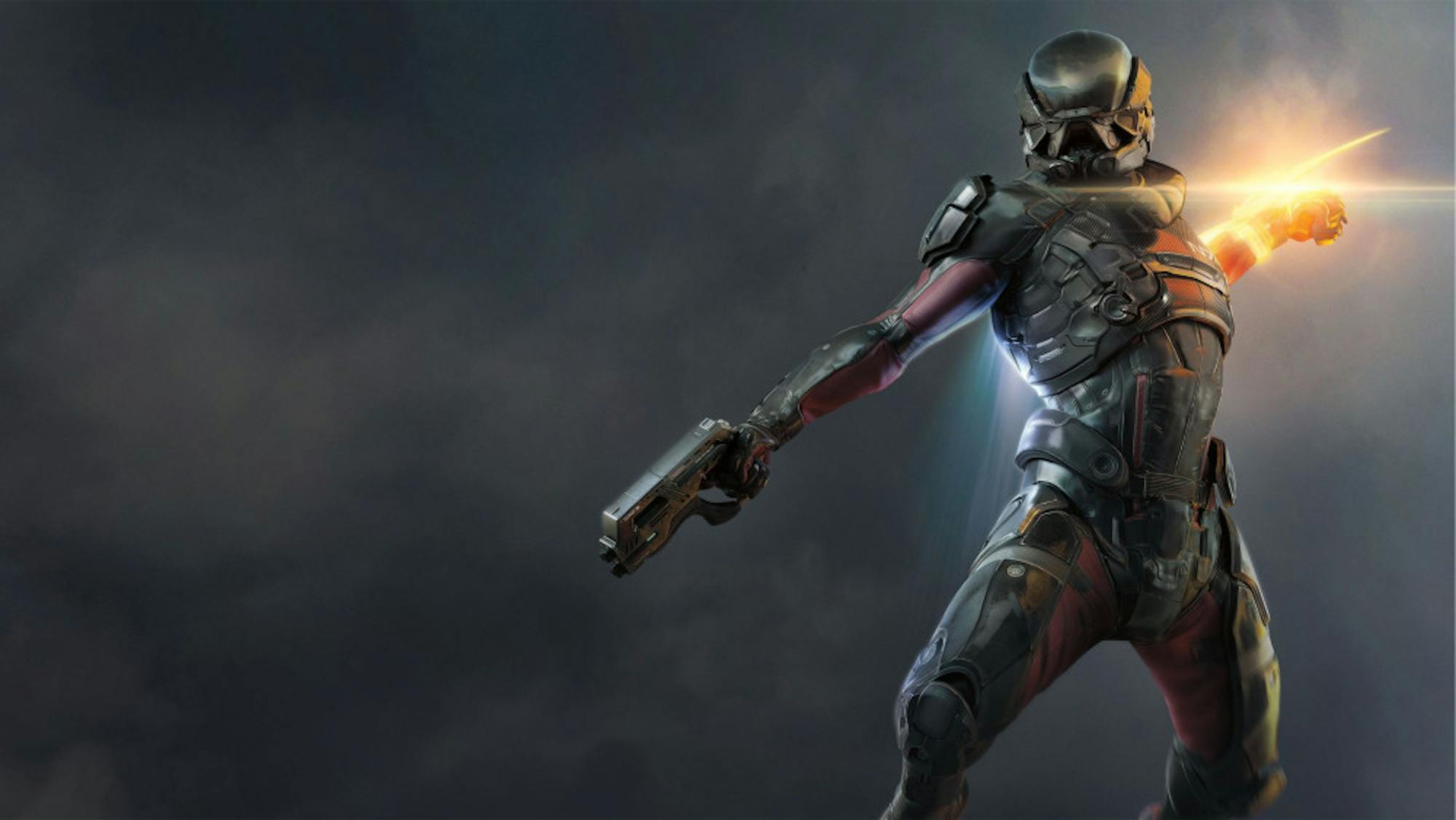Bioware’s “Mass Effect: Andromeda” is due to come out on March 21 (just in time for Spring Break!) and the game is one of the year’s most anticipated releases. The latest installment of the "Mass Effect" video game series, “Mass Effect: Andromeda," as the name suggests, moves the action from our own Milky Way Galaxy to our galaxy-next-door, Andromeda. The dramatic change of setting should offer players another sprawling space opera set in a universe with a rich backstory and impeccable visual presentation, but free of the baggage of the previous three games. For those who are counting down the days to March 21 and who are unburdened by midterms, here’s the Daily’s take on two other Bioware games to play in the interim.
"Star Wars: Knights of the Old Republic" (2003)
Bioware’s first science-fiction RPG was a smash hit when it was released in 2003 and laid the foundations of “Mass Effect." Set in the “Star Wars” universe, but thousands of years before the events of “A New Hope” (1977), “Knights of the Old Republic” managed to be original enough to stand apart from the steaming pile that is most of the Star Wars Extended Universe. Combat was based on the third edition of the table-top roleplaying game “Dungeons and Dragons" (1974), which meant that gameplay was tremendously numerical under the surface. Fortunately, on lower difficulties, players could ignore the math and focus instead on using cool-looking force powers while soaking in the story. While not especially thought-provoking by today’s standards, “Knights of the Old Republic” broke new ground for “Star Wars,” daring to tackle issues such as slavery and class. The game also features a memorable and genuinely unexpected twist ending. Just avoid talking to noted whiner Carth Onasi, he’s a real downer.
"Mass Effect 2" (2010)
The late 2000s and early 2010s were a good time for powerful video game storytelling. In 2009, Naughty Dog managed a mature story in “Uncharted 2” by virtue of excellent writing and voice acting, and in 2010, “Mass Effect 2” emerged as a collection of fabulous character studies. “Mass Effect 2” is the under-discussed middle child of the original trilogy. The first “Mass Effect” (2007) inaugurated a fabulously intricate universe, but it was also a little rough around the edges. The game performed poorly on the Xbox 360, with the frame rate chugging noticeably during action sequences.
The gameplay itself was also lackluster. Combat was unpolished and the game’s equipment system tended toward number crunching and trade-off analysis -- do I replace my current gun with a new, high-powered rifle that tends to overheat? The horrendous vehicle sections have also been widely mocked.
For all its polish, 2012’s “Mass Effect 3” was famously mired in controversy for offering players a set of endings that betrayed the central promise of the series: that every decision you made throughout the series would affect its conclusion. “Mass Effect 2,” on the other hand, featured polished gameplay and was unburdened by its ending. The overarching goal of the game is to recruit a diverse team of specialists who can help save the galaxy from an existential threat.
The trust of each one of these specialists can be earned by completing a “loyalty mission," an errand that provides a look into the rich backstory of each character. From destroying the shadowy facility where an arch-psychic suffered unspeakable childhood abuse to helping a tank-grown, genetically-perfect alien warrior find his place among his people, each one of these missions is well-written and acted. “Mass Effect 2” also features Martin Sheen in one of the few good celebrity appearances in video games. If you have ever asked yourself, “What if Jed Bartlet was an enigmatic space-racist?" this is the game for you.
Two games to play before "Mass Effect: Andromeda"






